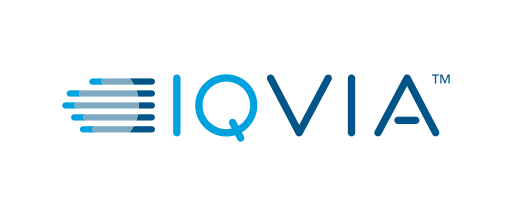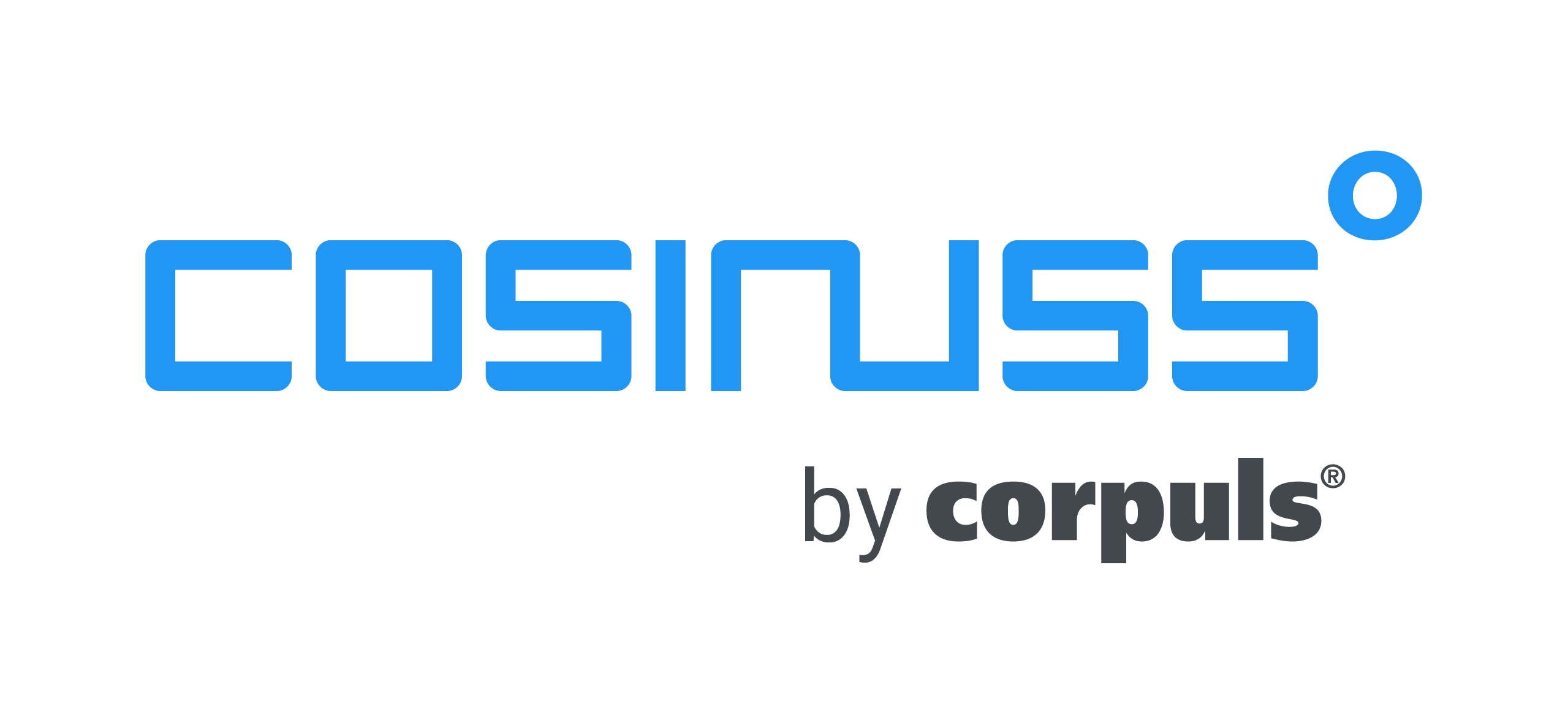Physiological Health Monitoring and Performance
The development and refinement of a health assurance platform integration with environmental and physiological sensor technologies for individual occupational and environmental exposure monitoring. Required capabilities include the integration and testing of specialized volatile organic compound and fine particulate matter sensing capabilities; algorithms for environmental hazard monitoring and physiological effects; development of a suite of modules enabling remote monitoring of bio-fluids for examination of biomarkers and exposure levels; and operational validation of the above capabilities in at least one or more military-relevant environments.
Explore MTEC Members with Physiological Health Monitoring and Performance Capabilities
Visit the MTEC members directory to explore organizations actively contributing to physiological health monitoring and performance research, technology development, clinical trials, and commercialization efforts. Connect with innovators, collaborate on proposals, or initiate partnerships that can accelerate the next generation of physiological health monitoring and performance solutions.
192 Members with Physiological Health Monitoring and Performance capabilities.

SIMETRI is a woman-and-minority owned small business based in Winter Park, Florida, specializing in modeling, simulation, and training technologies. Founded in 2009, the company focuses on delivering innovative products and services that enhance the human experience and improve client outcomes through advanced training and program management analysis.

IQVIA is a global leader in advanced analytics, technology solutions, and clinical research services for the life sciences industry. With a mission to accelerate innovation for a healthier world and a vision to power smarter healthcare for everyone, everywhere, IQVIA leverages unparalleled data, transformative technology, and deep healthcare expertise to drive better patient outcomes. Operating in over 100 countries with approximately 88,000 employees, IQVIA supports pharmaceutical, biotech, medtech, public health, and government organizations with a comprehensive portfolio of services and solutions. The company is recognized for its Connected Intelligence™, healthcare-grade AI, and commitment to sustainability, innovation, and evidence-based insights that shape the future of healthcare globally. IQVIA is also dedicated to reducing health inequities and driving sustainable change through innovation, collaboration, and data-driven solutions, partnering with organizations worldwide to address complex healthcare challenges.

Astrapi Corporation is a leader in revolutionary communication methods, specifically through spiral-based modulation. One capability is the Astrapi Spectrum Analyzer which enables an extremely precise method to measure continuously varying signal power which includes brain waves. This innovative technology is set to transform the next generation of communications by enhancing spectral efficiency and providing new ways to combat channel impairments. Astrapi's technology supports performance advances across various communications networks, including cellular, satellite, and defense communications, among others. Important medical applications of the Astrapi Spectrum Analyzer may include: 1. brain disorder diagnostics and measurement; 2. tumor localization; 3. enhanced prosthetics; and 4. brain-computer interfaces. Astrapi is in the process of spinning out a medical company to focus specifically on the medical applications of its Spectrum Analyzer. We welcome investors and collaborators. Our business model is to license to companies already in the medical field.

Founded in 1960 by Dr. Joseph V. Brady, the Institutes for Behavior Resources, Inc. (IBR) is a nonprofit organization dedicated to enhancing the growth of behavioral sciences and their application to human affairs through research, clinical services, and educational initiatives. IBR focuses on addressing social challenges through innovative research and comprehensive health services.

LumenAstra, Inc. is at the forefront of developing innovative, wearable, non-invasive sensors for accurately measuring internal body temperatures. Originating from a need identified by DARPA to protect troops from heat stress, the company collaborates with the University of Colorado's Radio Frequency Lab to commercialize a patented technology. This technology, initially used for astronomical measurements, is now being adapted to monitor critical health parameters such as brain and tumor temperatures, promising to revolutionize medical monitoring and treatment.

Humanetics Corporation is a clinical-stage pharmaceutical company based in Minneapolis, Minnesota, focused on developing and commercializing products to enhance human health and wellbeing. Founded in 1988, the company specializes in radiation modulators, adjunctive oncology therapies, and pulmonary protective therapies, particularly for COVID-19. Humanetics is known for its lead drug candidate, BIO 300, which is being developed as a radioprotectant for military and civilian use, as well as a treatment to improve outcomes in cancer patients receiving radiotherapy. The company is actively engaged in research programs for non-small cell lung cancer, prostate cancer, and head and neck cancers.

Physical Sciences Inc. (PSI) is an employee-owned company dedicated to inventing, demonstrating, and translating technologies that address critical national needs in defense, security, healthcare, and environmental stewardship. With over 50 years of experience, PSI combines extensive research and development capabilities with a commitment to innovation and customer focus.

Pradazka, by Integrative Mechanical Medical Devices LLC, is dedicated to revolutionizing in-patient care through innovative wireless and continuous patient monitoring technology. Their mission is to empower patients and healthcare professionals with advanced, AI-driven wearable devices that enable continuous tracking of vital signs, enhancing patient mobility, safety, and care outcomes. The company is committed to driving progress in digital health and seeks partnerships and funding to further its impact on healthcare.

Aware Custom Biometric Wearables, is a leading innovator in cutting-edge in-ear technology, specializing in superior custom hearing protection solutions and biometric hearables. Our groundbreaking in-ear solutions feature enhanced hearing capabilities, continuous monitoring, and the collection of medical-grade biometric data, all designed to enhance human performance and safeguard lives. Our commitment to innovation is reflected in our meticulously crafted in-ear devices. Thanks to our patented 3D Ear Scanner technology, we provide a custom fit tailored to the unique shape of each individual's ear which optimizes the performance of sensors. Aware is transforming the ear into a dynamic platform for health and human performance by collecting medical-grade data, delivering actionable AI-driven insights, and enabling precision therapeutics within devices we wear in our everyday lives. Our technology serves a diverse range of sectors within healthcare, military, and industrial. Proudly U.S.-based, offices in Atlanta, GA and San Diego, CA. www.AwareCBW.com.

Massachusetts General Hospital (Mass General) is a world-renowned academic medical center and the original and largest teaching hospital of Harvard Medical School. Mass General is recognized for its commitment to high-quality patient care, innovative research, and comprehensive educational opportunities. The hospital operates the largest hospital-based research program in the United States, fostering collaboration among leading clinicians and scientists to bridge innovation science with state-of-the-art clinical medicine. Mass General for Children (MGfC) is a leader in pediatric care, offering more than 50 medical specialties and 15 surgical services, and is home to the only proton beam facility in New England. The hospital is dedicated to serving local and global communities, training the next generation of healthcare professionals, and advancing medical knowledge through groundbreaking research, multidisciplinary care, and a strong commitment to family-centered and equitable healthcare.

Brimrose Technology Corporation (BTC) is dedicated to transforming promising new technologies into real products that enhance lives. With a strong focus on research and development, BTC collaborates with major U.S. agencies to create innovative solutions in various fields, including defense, medical diagnostics, and environmental applications. The company has a proven track record of securing significant funding and contracts, demonstrating its commitment to advancing technology for critical applications.

Auburn University Research & Economic Development is dedicated to advancing research and economic growth through a collaborative effort among its various colleges and departments. The organization focuses on fostering innovation, supporting faculty and student research, and facilitating partnerships with industry and government to address societal challenges and enhance the quality of life. Recent initiatives include the launch of the Team Science Series to promote interdisciplinary collaboration and the development of the Gulf Coast Engineering Research Station to address coastal environmental challenges.

Vocxi Health is a diagnostic start-up focused on early disease detection through its innovative MyBreathPrint® system. This noninvasive technology allows for immediate health assessments by analyzing volatile organic compounds (VOCs) in a patient's breath, aiming to revolutionize patient care and improve health outcomes.

Ethos Solutions specializes in rapid problem solving in dynamic environments through the Ethos IDEALs (Identification, Define, Engagement, Alignment, and Leveraging). Ethos leverages module working groups (or cells) consisting of Subject Matter Expert (SMEs) clinicians, training cadre, warriors, academics, and researchers able to rapidly identify and solve problem sets that require a grounded approach forged in austere and dynamic environments.

cosinuss° is a medical technology company based in Munich, Germany, that is pioneering an ultralight monitoring solution in Europe for situations and use cases where the currently available monitoring solutions fail. The company specializes in in-ear biosensor technology connected to mobile devices for local application, and/or additional cloud-based analytics, supporting real-time local and remote patient monitoring for medical care in challenging operations, in remote environments, clinical trials, remote patient monitoring, and telemedicine. The solution is currently only available for sale in Europe.

Zeteo Tech is a venture-backed biodefense and medical device company that has developed a revolutionary new class of fieldable biological mass spectrometers. Their technology identifies airborne microbes, proteins, and lipids, enabling rapid screening for infectious diseases and bio-threats. With a focus on cost-effective solutions, Zeteo Tech aims to enhance biodefense capabilities and improve patient screening for diseases like tuberculosis.

Arizona State University
ASU Crosscutting Technologies to Enhance Military Medical Readiness and Resilience
Dr. Rachel Cassalia leads MTEC-supported efforts at ASU to shift military health from reactive care to proactive readiness through data-driven prevention.
University of Pittsburgh
Topical Metformin Lotion for Tendinopathy Prevention
University of Pittsburgh study shows topical metformin prevents overuse tendon injury. This work was sponsored through MTEC project 22-02-MPAI-014.
Theradaptive
Theradaptive’s RESTORE Trial Initiation for OsteoAdapt™ DE
Theradaptive launches RESTORE Phase I/II trial of OsteoAdapt™ DE for faster, precision bone healing in craniofacial injuries. MTEC-funded study targets improved recovery for military and civilian patients.
Altec
Autonomous Rehabilitation Device for Improved Recovery in Warfighters
The OSCIR platform—developed by Altec Inc in collaboration with the Naval Health Research Center—is bringing clinical-grade, real-time movement analysis to the front lines. Funded under MTEC-22-02-MPAI